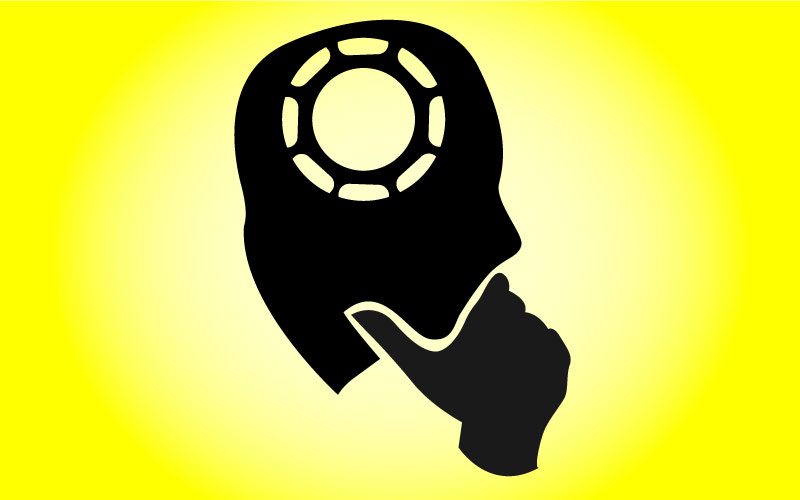Imagine yourself sitting at a crowded poker table, blinded down to your last few chips, all-in on a near unbeatable hand. “Two more,” you think, “two more double-ups and I’ll be back to even.”
Then, on the the river, your opponent nails a two-outer to take all your chips. As you watch, your stack is absorbed by a stranger.
There is no worse feeling in the game of poker.
It’s happened to all of us at one point or another. Heck, even Phil Ivey went bust several times before hitting his stride. Rather than beating yourself up over it, take your bust-out as an opportunity to learn. But before you leap right back into the action, take a few minutes to consider how you want your comeback to go down. Will you make the same mistakes you did the first time around?
1: Time out!
Don’t buy back in immediately with hopes of getting even. I can just about guarantee you that you’ll be throwing your money away. And even if you don’t lose your entire rebuy, you almost certainly won’t come out ahead. Slow down, step back, and reevaluate.
2: Retrace your steps.
Consider how you lost your money. If you’ve just flushed your entire bankroll in a single hand, then a lot of things must have gone wrong. First, the very nature of your loss means that you had every last penny with you at the table. How did that happen? Were you merely at too big of a table, and in over your head? Or were you on the tail end of an atrocious losing streak, before finally selling the farm?
One way or the other, you made a cardinal mistake. In the first case, you neglected to give yourself any outs. If you can afford it, never take your entire bankroll with you to a single table. You’ll be anxious and play apprehensively – in other words, asking to get beat.
If you’re in the second situation mentioned above, then you’re probably long past Mike Caro’s famous “Threshold of Misery”, where all of the losses have begun to run together until you just don’t care. This is a tragic situation, one that most poker players have encountered in their careers. How can you cross back over to the winning side?
3: Consider your cash
When the time comes to reload your bankroll, take a moment for some careful self inspection. Before blindly typing in a starting amount, you need to be sure that you can afford to lose the money you’re laying down. That’s right, you must prepare yourself to lose before even consider a return to the tables!
Is this fatalistic thinking? Absolutely not. By only starting with money that you can actually afford to lose, you’ll remove several of the tensions which would otherwise cripple your game. You’ll be able to enter games more freely, with a more relaxed attitude. Rather than panicking each time you take a minor hit, you’ll be able to maintain an even keel. When you’re winnings grow, you’ll have a greater sense of accomplishment, as well.
4: The Ghost of Bankrolls Past
History is history. Money that you lost is gone. If you just busted out with a $100 bankroll, don’t let yourself be consumed by the desire to instantly win it all back with your current $100. That instant double-up mentality will get you playing bad hands in bad situations. You’ll lose everything, and feel even worse.
Now if you do, after a period of hard work and smart play, win back enough to cover your initial losses, it may not be a bad idea to cash it out. It’ll be one more mental monkey off your back, and the sense of accomplishment will remind you that smart play pays off.
In closing, remember that there are no perfect poker players. Everyone who is truly serious about the game will occasionally go through a losing stretch. Don’t let it get you down. Get back into the game, and use your fresh start as a chance to practice some new-found discipline!
Submit your review | |







